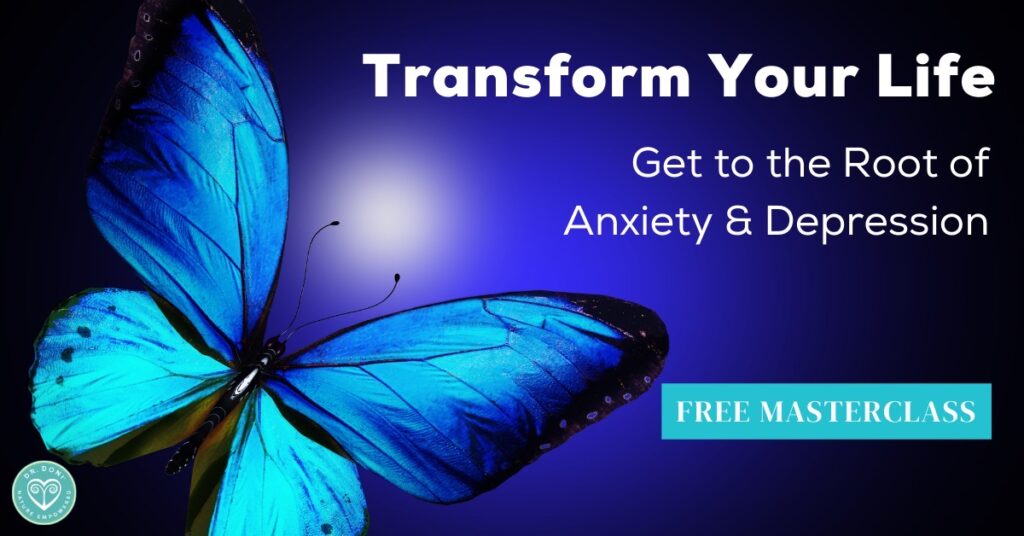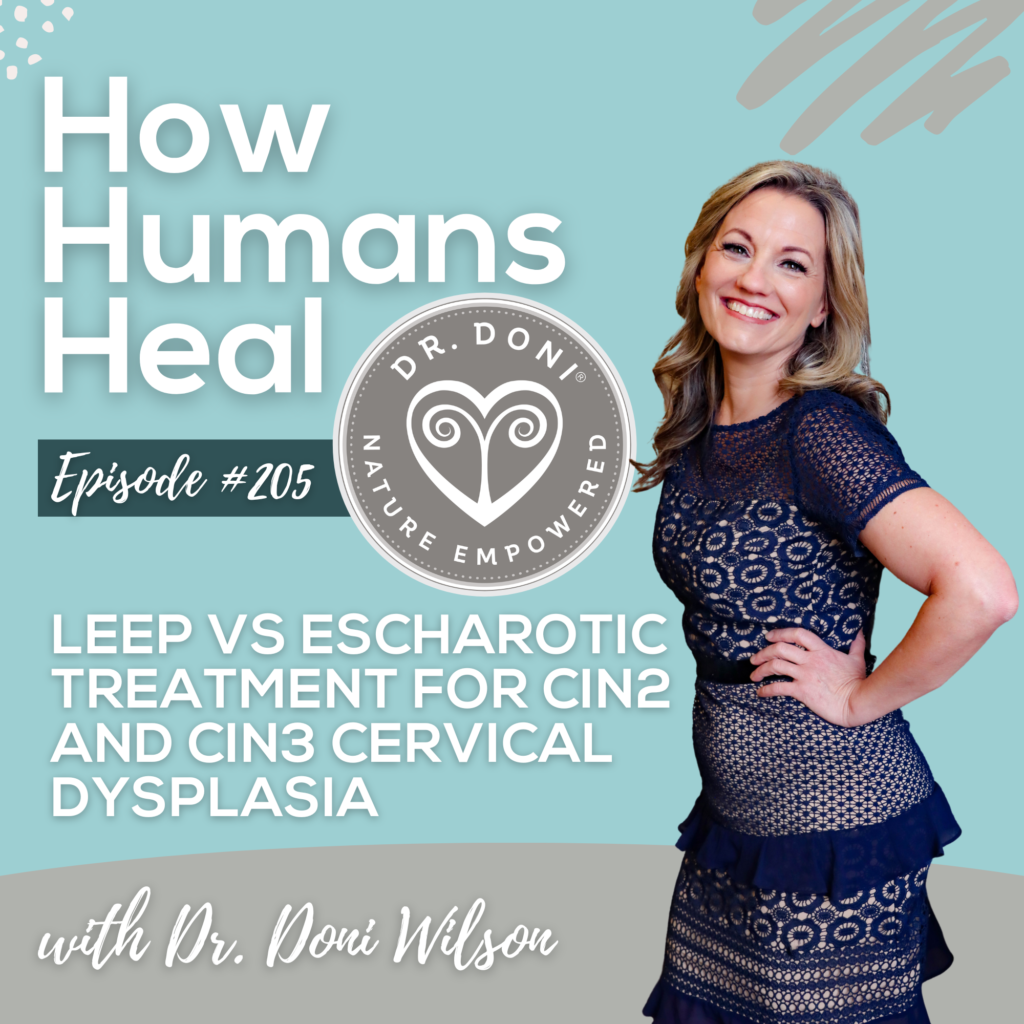

Narcissism is a term that can be used in many ways, including to describe personality traits of being excessively admiring of oneself, someone who might be self-centered or selfish or only thinking of themselves, so much so that they feel a sense of entitlement.
As we talk about narcissism, we need to distinguish it from a healthy sense of self prioritization and self-care. I talk about self-care a lot in my new book and in my self-care program. It’s all about how we take better care of ourselves in terms of our diet and our sleep patterns and our stress recovery and our exercise.
Those of us who are very much compassionate of others and empathetic with others tend to be more susceptible to becoming involved with someone who is narcissistic because opposites attract! Narcissistic relationships can be romantic/intimate relationships, or it may occur in a friendship, job, or other types of relationships.
It is common to have had a parent (or both parents) who have narcissistic traits or a personality disorder, and then find yourself in other similar relationships as an adult. That is because our nervous system becomes familiar with the chaos caused by a narcissist, and we end up choosing a similar sense of stress because it is so familiar.
Someone who is narcissistic is thinking only of their own interest and they don’t have the ability to have empathy for others. For narcissists, their way is the only way and they will use manipulation, lies, and threats to get their way. A narcissist has extremely changeable moods and a constant need for attention.
In contrast, a healthy sense of self-care is paying attention to ourselves and prioritizing ourselves and loving ourselves.
In the extreme more severe state of narcissism, such as with narcissistic personality disorder (NPD), they think that other people are inferior. Those of us in a healthier state understand that we are all human and we’re all equal no matter age or race or where you grew up or what you do for a living.
The thing is sometimes narcissists are also very charming so narcissists may not immediately come across like they think you’re wrong or they might not immediately come across like they have no empathy for you.
When you’re in a narcissistic relationship you start to really question yourself, you start to get the feeling like you’re walking on eggshells, you feel like everything you say and do is wrong. And you’re afraid that they’re going to either be mad at you and yell at you or they’re going to avoid you.
It is common to feel depressed, anxious, isolated, and in emotional and physical pain. Trauma bonds develop and it becomes psychologically abusive. This is what is often referred to as a “toxic relationship.”
I am explaining this from having experienced it myself, from having been in narcissistic relationships for many years.
I’ve been there. I get it. I understand why you’re there and I can tell you there is a way out and I can help you get there.
If you’re in a narcissistic relationship, or you’re out of a narcissistic relationship, either way we need to help you recover from it. In my own recovery process, I developed my Stress Recovery Protocol and this is why I’m sharing it with you.
As you start to recover from the stress of a narcissistic relationship, you will no longer be attractive for a narcissist because a narcissist needs someone who’s going to pay attention to them.
As you heal, as you take better care of yourself and honor yourself and love yourself the narcissistic relationship is going to go away it’s going to become less part of your life.
It’s about focusing on yourself, on your healing process, your stress recovery, your ability to take better care of yourself. Many people in recovery are afraid that they themselves are narcissistic, so I want to reassure you that when you focus on yourself in these ways, it is a healthy way to prioritize yourself.
I can tell you from my experience that it’s possible to get out of narcissistic relationships and it’s possible to retrain your nervous system so that you don’t find yourself back in a narcissistic relationship again.
Please, I would love to hear from you if this is something you’d like to learn more about from me, please e-mail me or contact my office and let me know.
I explain more of this in my book Master Your Stress Reset Your Health.
Or you can reach out to me to set up a one-on-one appointment if you prefer so I can guide you step by step through the process that has helped me and so many others.
You can also check out my upcoming FREE Masterclass: Transform Your Life: Get to the Root of Anxiety and Depression going live on October 12th:

Connect with Dr. Doni:
- Facebook https://facebook.com/drdoniwilson
- Instagram https://instagram.com/drdoniwilson
- YouTube https://youtube.com/DoniWilsonND
- Newsletter: https://doctordoni.com/www (Weekly Wellness Wisdom)
- Podcast: https://doctordoni.com/podcast (How Humans Heal)
More Resources from Dr. Doni:
- Stress Type Quiz: Assess your adrenal function
https://doctordoni.com/quiz - Dr. Doni’s Book: Master Your Stress, Reset Your Health
https://doctordoni.com/book - Dr. Doni’s Facebook Group: Stress Warrior Stress Resiliency
https://facebook.com/groups/stresswarrior - HPV Recovery Guide (FREE)
https://doctordoni.com/ddpp/hpv-guide/ - FREE Masterclasses with Dr. Doni
https://doctordoni.com/masterclasses - FREE Guides from Dr. Doni
https://doctordoni.com/guides
Personalized Solutions:
- 14-Day Detox Program: You can start this transformation program anytime
https://doctordoni.com/detox-program - Say Goodbye to HPV (12-week Program): Begin the journey to freedom from HPV today!
https://doctordoni.com/hpv-12-week - If you’d like to meet with Dr. Doni one-on-one for your health, request a Health Breakthrough Session: https://doctordoni.com/breakthrough
Disclaimer: This specific article and all other Content, Products, and Services of this Website are NOT intended as, and must not be understood or construed as, medical care or advice, naturopathic medical care or advice, the practice of medicine, or the practice of counseling care, nor can it be understood or construed as providing any form of medical diagnosis, treatment, cure, or prevention of any disease.
Share this Post:
Dr. Doni Wilson
14 Day Detox Program
Take the Stress Type Quiz
Dr. Doni Social Media
Popular Posts


The 5 Burnout Types

Healing HPV Holistically: Dr. Doni on the Inspire Health by Jen Podcast

Recent Podcasts
Signup to receive our weekly newsletter with all the latest news, podcasts and special offers
New Book - Order Today!

SIMPLE PRACTICES for SHIFTING FROM YOUR STATE of STRESS to YOUR FLOW and FREEDOM
MASTER YOUR STRESS
RESET YOUR HEALTH
Order Now! Related Posts

What is making you susceptible to HPV?
I have been working with women who had abnormal cells on their cervix and/or vaginally, caused by HPV for over 20 years now. And while

The 5 Burnout Types
Did you know there are 5 burnout types? They are based on your Stress Type®, which is how your adrenal function has been affected by

Healing HPV Holistically: Dr. Doni on the Inspire Health by Jen Podcast
Dr. Doni was interviewed by Jen Ciszewski on the Inspire Health by Jen Podcast, talking about how to heal away HPV from your body for good.

Stress and Trauma: The Science Behind It, How It Shows Up and How to Heal: Dr. Doni on The Burn Fat and FEAST Podcast
Dr. Doni was interviewed by Sarah B. Thomas on the Burn Fat and FEAST Podcast, talking about the impact of stress and trauma on our health and what to do to recover from them.














